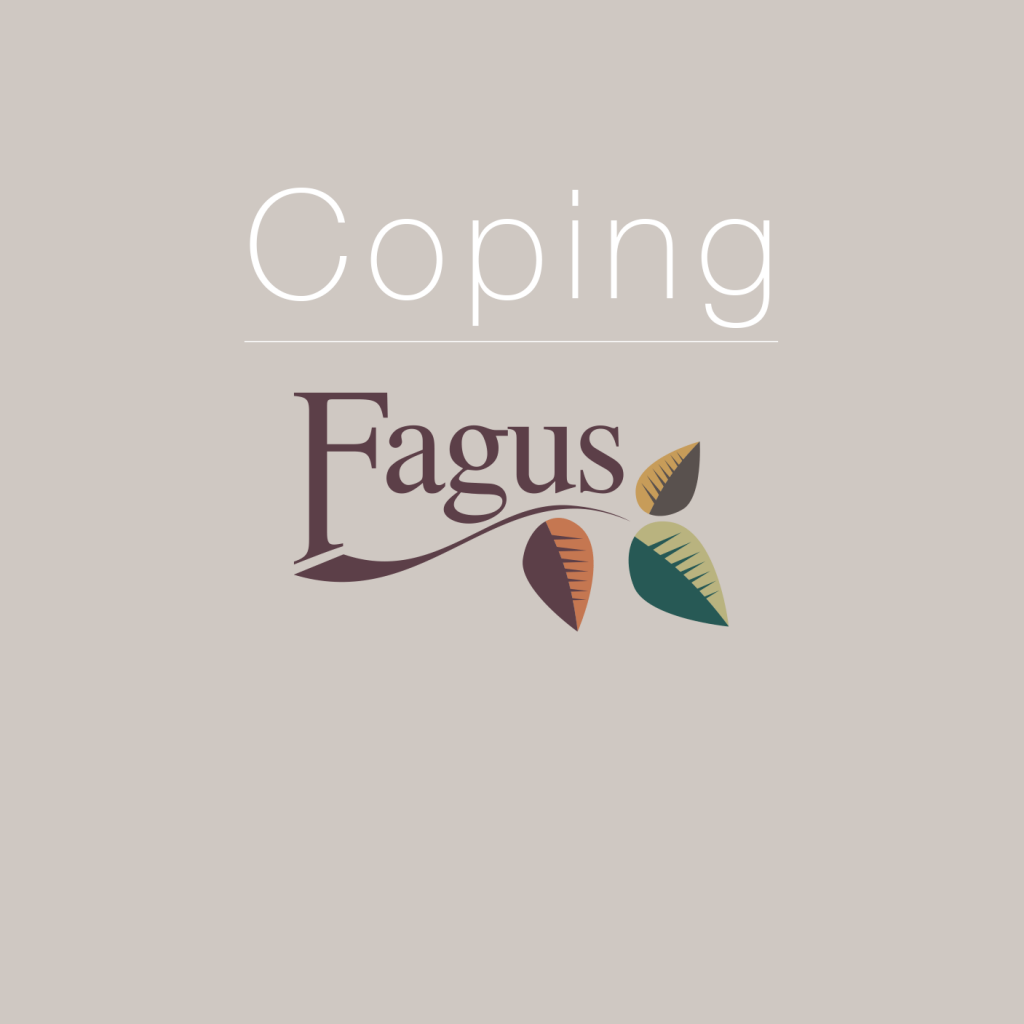Coping
Coping Fagus Guides > Coping Contents How to Use This Guide to Set Goals Introduction Developmental Sequence Overview Infancy (0-2 years) Early Childhood (2-7 years) Middle Childhood (7-11 years) Adolescence …
Read MoreHow to Use This Guide to Set Goals
How to Use This Guide to Set Goals Fagus Guides > Coping How to Use This Guide to Set Goals Read the definition at the beginning of the introduction to familiarise yourself with the topic (decide if you want to read more of the introduction) Establish the child’s current point of development – where are…
Read MoreIntroduction
Introduction Fagus Guides > Coping Introduction Defining Coping “Coping refers to how people mobilise, coordinate, manage, and direct their actions (including behaviour, emotion, attention, cognition and physiology) under conditions of challenge, threat, or loss.” (p. 40, Skinner & Zimmer-Gembeck, 2010). In other words, coping refers to how we adapt to things, people or events causing…
Read MoreDevelopmental Sequence Overview
Developmental Sequence Overview Fagus Guides > Coping Developmental Sequence Overview Please note that developmental ranges and ages vary substantially from child to child within typical/neurotypical development. The sequence should be used only as a guide when determining a child’s current development. In writing this guide we have been mindful that every child is unique and…
Read MoreInfancy (0-2 years)
Infancy (0-2 years) Fagus Guides > Coping Infancy (0-2 years) Reliance on Others for Coping reflexes develop into patterns of linked behaviour infant learns that crying results in attention from the caregiver and therefore cries when in need relies heavily on caregiver to regulate their internal and external environment to reduce distress…
Read MoreEarly Childhood (2-7 years)
Early Childhood (2-7 years) Fagus Guides > Coping Early Childhood (2-7 years) Reliance on Others for Coping gradual reduction in the reliance upon the caregiver to regulate their internal and external environments seeks social support from caregivers, sometimes as a back-up strategy when self-regulatory methods do not work (see Figure 3 below)…
Read MoreMiddle Childhood (7-11 years)
Middle Childhood (7-11 years) Fagus Guides > Coping Middle Childhood (7-11 years) Independent Coping Strategies demonstrates less behavioural withdrawal than in early childhood more problem-focused coping development of cognition allows for more advanced and independent coping (see Cognitive Development) emergence of cognitive strategies – coping using cognitive means cognitive distraction used when…
Read MoreAdolescence Overview (11-19 years)
Adolescence Overview (11-19 years) Fagus Guides > Coping Adolescence Overview (11-19 years) Within the psychological literature, developments in coping behaviour tend to be either summarised across the entire adolescence age range, or associated with early, middle or late adolescence. We provide a description of general trends and features in adolescence followed by a tabulated developmental…
Read MoreProgression Through Adolescence
Progression Through Adolescence Fagus Guides > Coping Progression Through Adolescence Early adolescence (11-14 years) may use humour as a coping strategy attempts to cope with anxieties about friendships shows an awareness of coping strategies that help deal with difficult emotions (e.g. distracting themselves from worrying about things out of their control) understands that it may…
Read MoreExample Objectives, Goals and Plans
Example Objectives, Goals and Plans Fagus Guides > Coping Example Objectives, Goals and Plans These examples were developed for pupils attending Beech Lodge School. Pupil A is 14 years old. She frequently complains about feeling unwell and finds this extremely distressing. Pupil A is heavily reliant upon her key worker to calm her down; teaching…
Read MoreGlossary
Glossary Fagus Guides > Coping Glossary Active coping: purposeful behavioural and/or cognitive strategies intended to achieve control over a specific stressor or the effects of the stressor (e.g. emotional reaction, social implications) Adaptive coping: effective coping that permanently reduces the negative effects of a stressor, resulting in positive outcomes and improvements in functioning Cognitive distraction:…
Read MoreReferences
References Fagus Guides > Coping References Aldwin, C. (2010). Stress and coping across the lifespan. In S. Folkman (Ed.).The Oxford handbook of stress, health, and coping (pp. 35-59). New York: Oxford. Blakemore, S-J, & Choudhury, S. (2006). Development of the adolescent brain: Implications for executive functioning and social cognition. Journal of Child Psychology and Psychiatry,…
Read More
